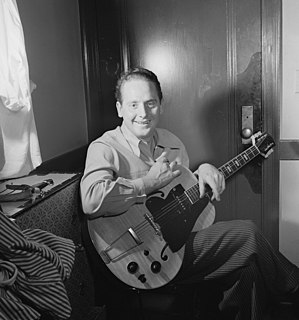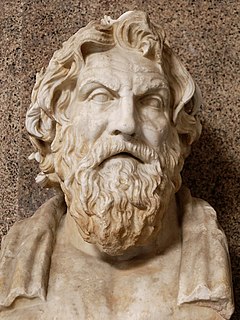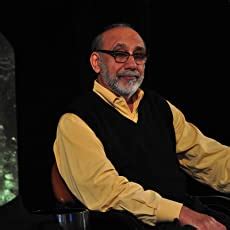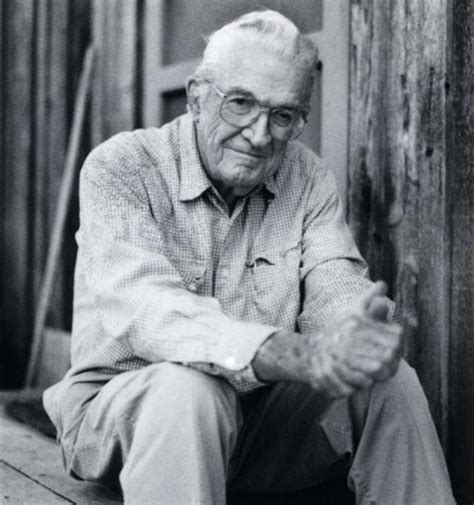A Quote by Lucius Annaeus Seneca
The mind unlearns with difficulty what it has long learned.
Quote Topics
Related Quotes
I learned to put my trust in God and to see Him as my strength. Long ago I set my mind to be a free person and not to give in to fear. I always felt that it was my right to defend myself if I could. I have learned over the years that when one's mind is made up, this diminishes fear; knowing what must be done does away with fear.
He spoke of human solitude, about the intrinsic loneliness of a sophisticated mind, one that is capable of reason and poetry but which grasps at straws when it comes to understanding another, a mind aware of the impossibility of absolute understanding. The difficulty of having a mind that understands that it will always be misunderstood.
Most autumns, the water is low from the long dry summer, and you have to get out from time to time and wade, leading or dragging your boat through trickling shallows from one pool to the long channel-twisted pool below, hanging up occasionally on shuddering bars of quicksand, making six or eight miles in a day's lazy work, but if you go to the river at all, you tend not to mind. You are not in a hurry there; you learned long since not to be.












































